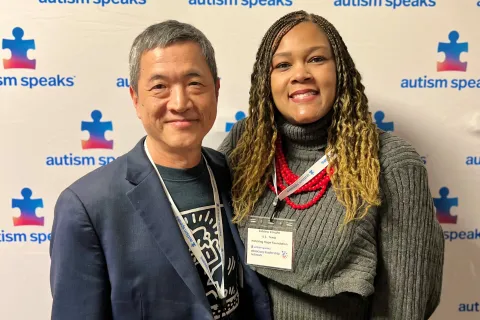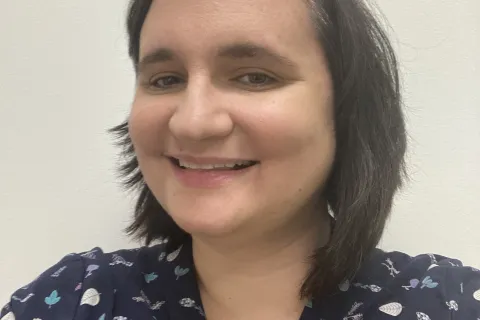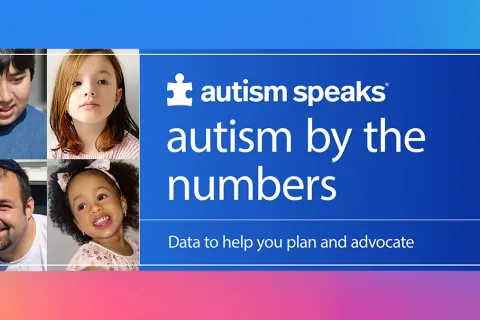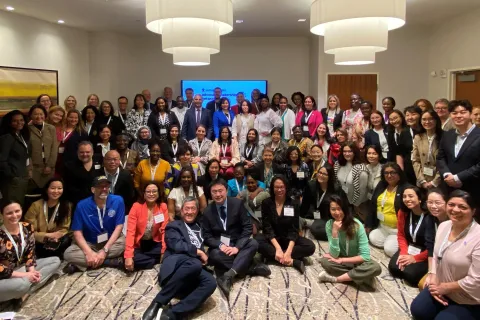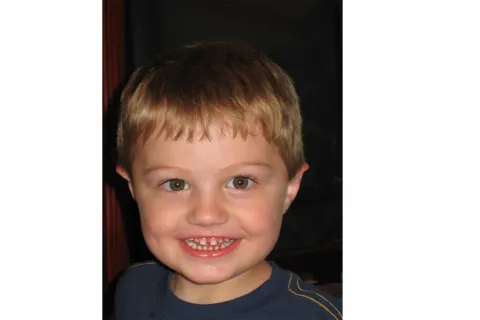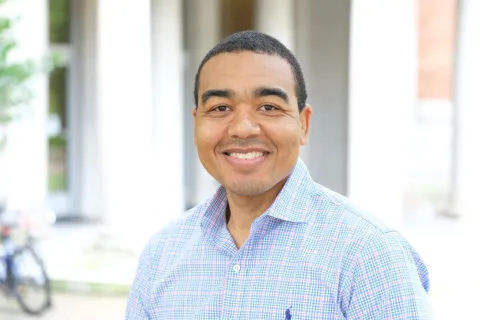Speech therapy helped me navigate life with autism
By Anne Grego-NagelMay is Better Hearing and Speech Month and Mental Health Awareness Month. I am going to take this opportunity to thank the wonderful speech therapists who taught me how to communicate better and to navigate life with a communication disorder.
Decades before I was diagnosed with autism, I was diagnosed with a speech issue. My second-grade teacher recognized my speech problem. Fortunately, my parents listened, and I started speech therapy at the University of Colorado Medical Center. It was only a few years after states required speech therapists in every public elementary school. I attended a Catholic school, so my parents had to make other arrangements. Speech therapy led to physical therapy for motor skills issues. Looking back at my childhood, the traits of autism were clearly there.
The lessons my early speech therapists taught me have helped me navigate life. They did more than teach me to make sounds. They showed me how to cope with frustration when my brain didn’t want to use spoken language. They taught me that I can communicate in many different ways. They explained that I would have to practice speaking – a human activity other people just take for granted.
Just a few years ago, another speech therapist, Debra, rescued me from autistic burnout. After an extremely stressful time, I went mute. My brain stopped allowing me to use vocal speech. At the time, I was an academic researcher and had the privilege to work remotely. I could talk to my immediate family and strangers in low stress situations, like checking out at a store. Silence became the norm in other settings. Debra gently informed me that I had overstressed my brain. I needed to give it some rest.
During that time, I forgot one thing my first speech therapists had taught me: “Take your time and don’t worry about other people.” Instead, I masked my speech issues. Debra gave me the courage to rest my brain and lean into my muteness. I remember that time as extremely peaceful, but really frustrating. I had to accept how my brain wanted to communicate. I had to embrace the time and effort my brain requires to make my muscles and throat create the sounds that make spoken communication. Speech is so much more than simply repeating words. Slowly I regained my speech. Shortly after that, I was diagnosed with autism.
The speech therapists in my life taught me the power of the sound of language. They gave me a respect for the physical ability of my brain to make sounds, the cognitive ability of my brain to use language and the resourcefulness of my brain to find other ways to communicate when sound is not possible. Maturity taught me how to react when the people I interact with only want to use vocal speech and can’t adapt to other forms of communication.
Thank you to the speech therapists who empowered me to accept how my brain communicates. Thank you for your expertise and knowledge of the complexity of human language and the ability to vocalize. Thank you for your patience as I repeated sounds again and again to teach my muscles and throat how to create words. Thank you for supporting me to embrace my autistic voice – even when I don’t use the spoken word.
Dr. Anne Grego-Nagel was diagnosed with autism in her 40’s while she was raising her three children. Currently, Anne is a human factors specialist at Autism Speaks where she works on the Science team. Trained as a cognitive engineer, she works to design products, services, processes and tasks based on how the brain processes information.



